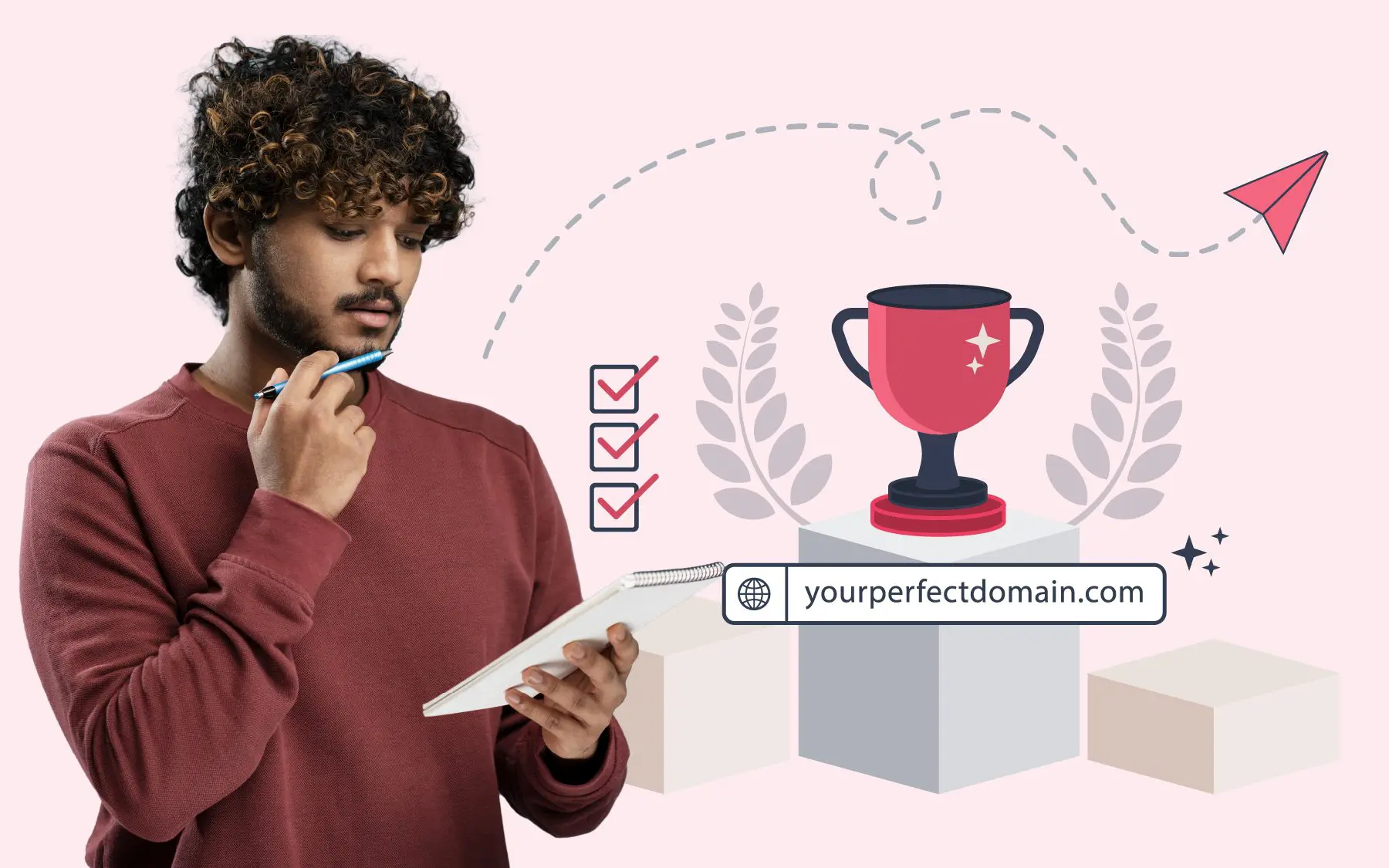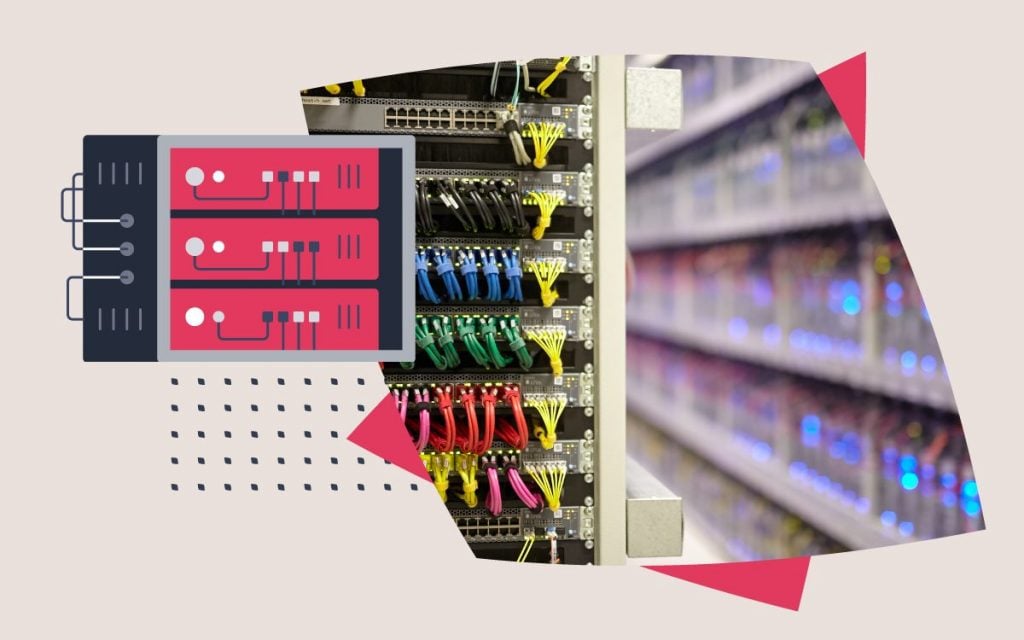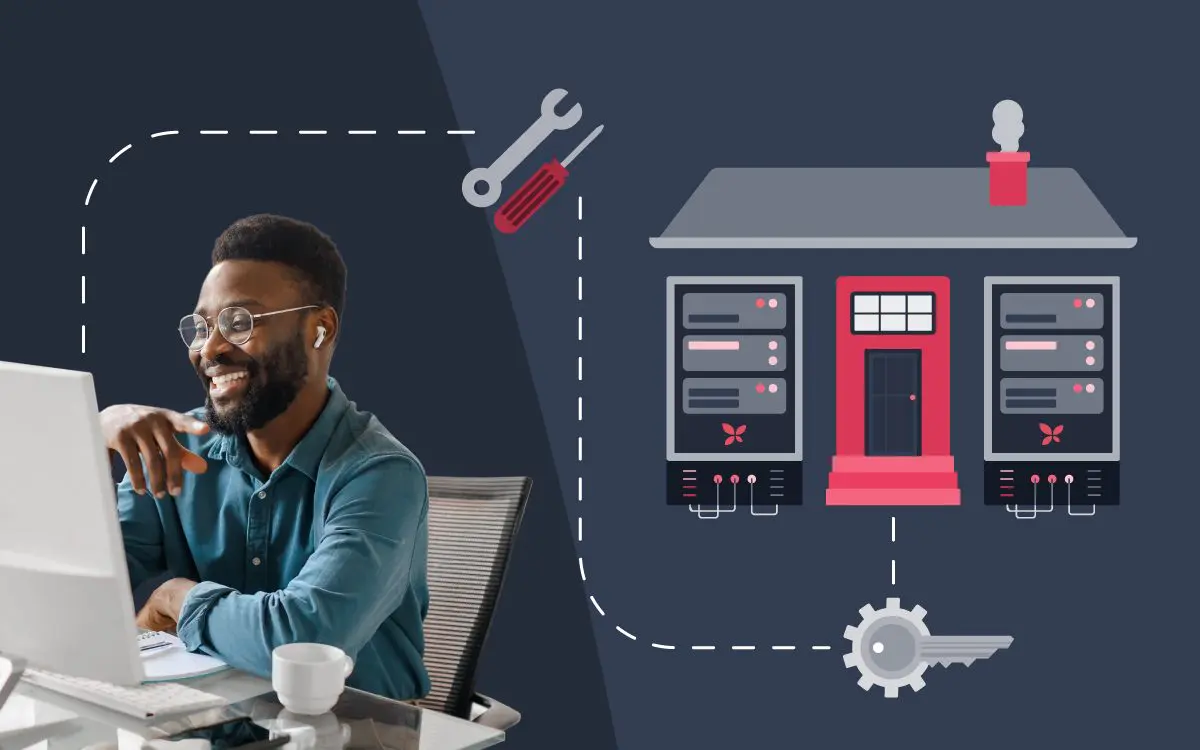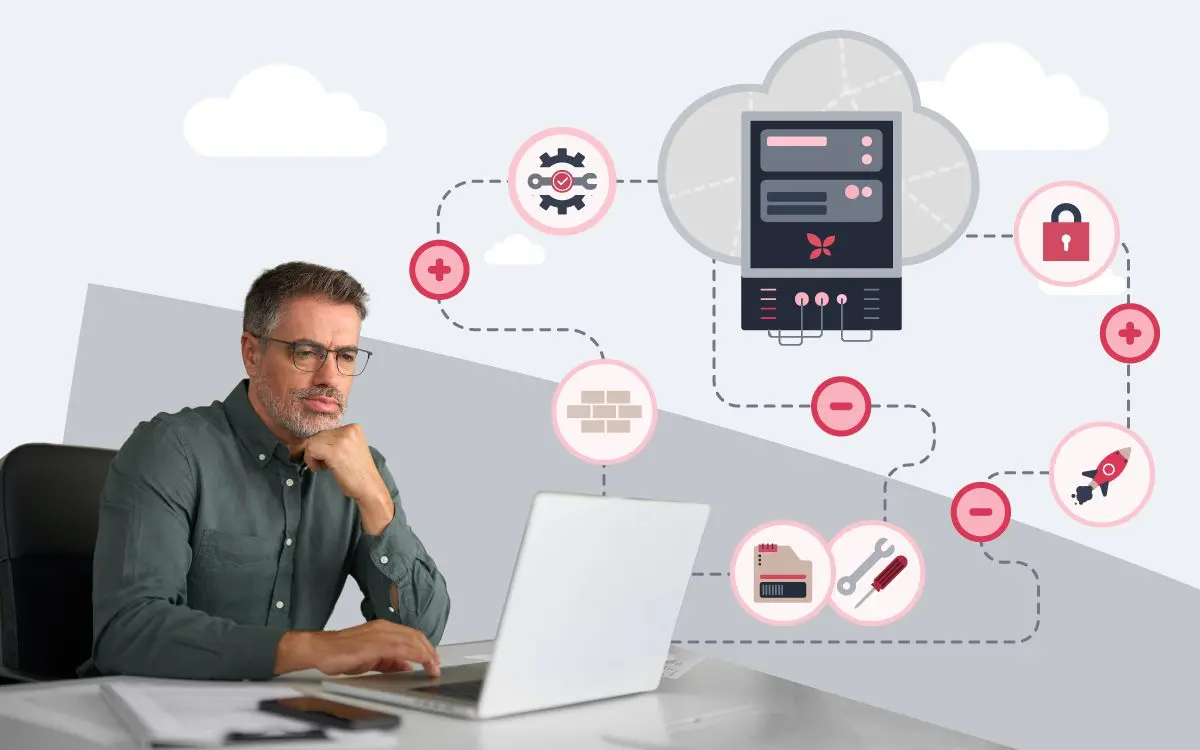While a podcast may not have been part of your 2020 business plan, now that the world has shifted in a more digital direction you might be looking for new ways to connect with your customers. We asked Denise Meikle from Castos, a podcast hosting and analytics platform, to share some of her most valuable insights and tools for creating a winning podcast.
Why a podcast is good for business
As anyone who has a favourite podcast will attest, a podcast is a more personal way to connect with potential customers. A study by Accenture Strategy found that “62 percent of consumers say their purchasing consideration is driven by a company’s ethical values and authenticity.” But how is your business communicating that authenticity? While paid ads across social media and articles written for SEO are valid ways to generate brand awareness, they aren’t the right mediums to express a company’s mission.
The best channel for authentic storytelling and relaying important values is a podcast. Hearing messages from leaders and insights into how the company makes purpose-driven decisions could be the reason someone decides to become a customer.
As an added bonus, a podcast is an owned and operated medium. What this means is that companies don’t have to play by Google’s or Facebook’s rules to succeed. Podcasting is still a relatively new medium in South Africa, so there’s a lot of room to stand out. Taking a creative risk and appealing to a person’s emotional side with engaging stories could bring in more customers who want to stick around.
Specific tools necessary for creating a podcast
The beauty of podcasting is the lower barriers to entry. Expensive gear or software isn’t necessary to get started. A simple set up with a smartphone and a pair of headphones can be a good place to begin.
The only necessary thing is creating an RSS feed. The RSS feed is what ultimately powers a podcast and distributes it to popular listening platforms like Apple Podcasts and Spotify. It can technically be coded by tech-savvy people, but most podcasters use a podcast hosting provider instead. The provider will automatically create a functioning feed and help deliver episodes to every listening platform. The available service providers are generally affordable and also provide analytics so that you can understand your podcast’s performance, and how to enhance it.
Why it’s essential to have a podcast website
“Searching the internet” is the preferred way for listeners to discover new podcasts, so it’s important to have a website attached to your podcast. It becomes a central place for listeners to learn more about the podcast’s mission, hear current and old episodes, and engage on other platforms like Instagram or Facebook.
A website also lends credibility to a podcast, signalling to potential listeners that the hosts are committed to creating the show. Google serves podcast episodes in search results, so it’s a great way to find new listeners, and a dedicated site also makes it easier for other people to talk about the podcast by sharing one link.
Why WordPress is a good platform for a podcast
WordPress is the top platform for podcasters because of its ease of use and accessibility. Anyone can start a site with WordPress, in the same way, that anyone can start a podcast. The variety of plugins make it easy to embed episodes onto a website, help readers subscribe to the podcast, and create episode playlists to help new listeners get caught up.
Recommended podcast hosting plugins
Seriously Simple Podcasting is a top WordPress plugin for podcasting. With over 20,000 active installations and 193 5-star reviews, it’s a good solution for companies and individuals wanting to start their podcast.
Features include customisable player widgets, the ability to manage multiple podcasts from one site, and the option to choose which post type you want to use.
Do’s and Don’ts for podcasting
Do:
- Focus on storytelling to create more engaging episodes.
- Decide on a publishing frequency and stick to it.
- Be a guest on other podcasts to spread the word about your own.
- Spend time promoting each episode to get as many people as possible to listen.
Don’t:
- Let a lack of confidence keep you from starting! Understanding the technology and perfecting an episode comes with practice.
So there you have it: all you need to know to start your own podcast. Perhaps 2021 will be the year of the South African podcast!
About the author
Denise Meikle is the Full Stack Marketer at Castos, a podcast hosting platform with a powerful WordPress plugin. Learn more about podcasting and the latest best practices to grow a loyal fanbase by following her articles on the Castos blog.








